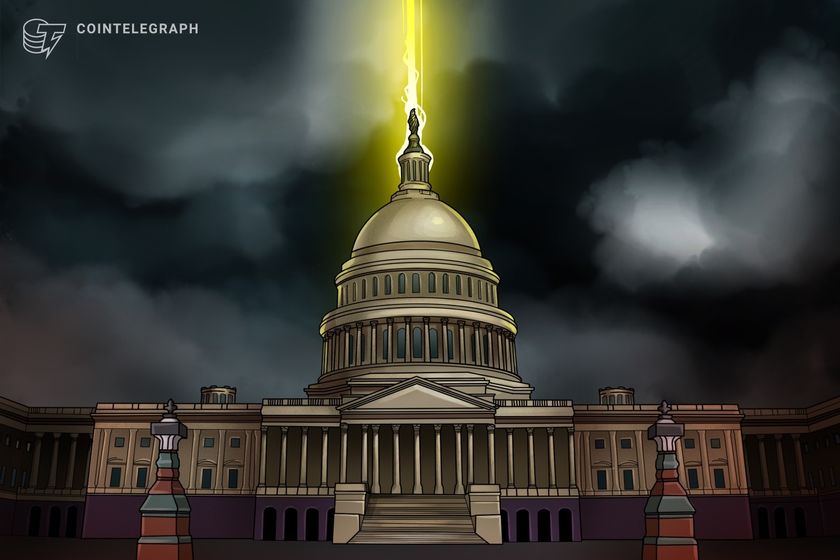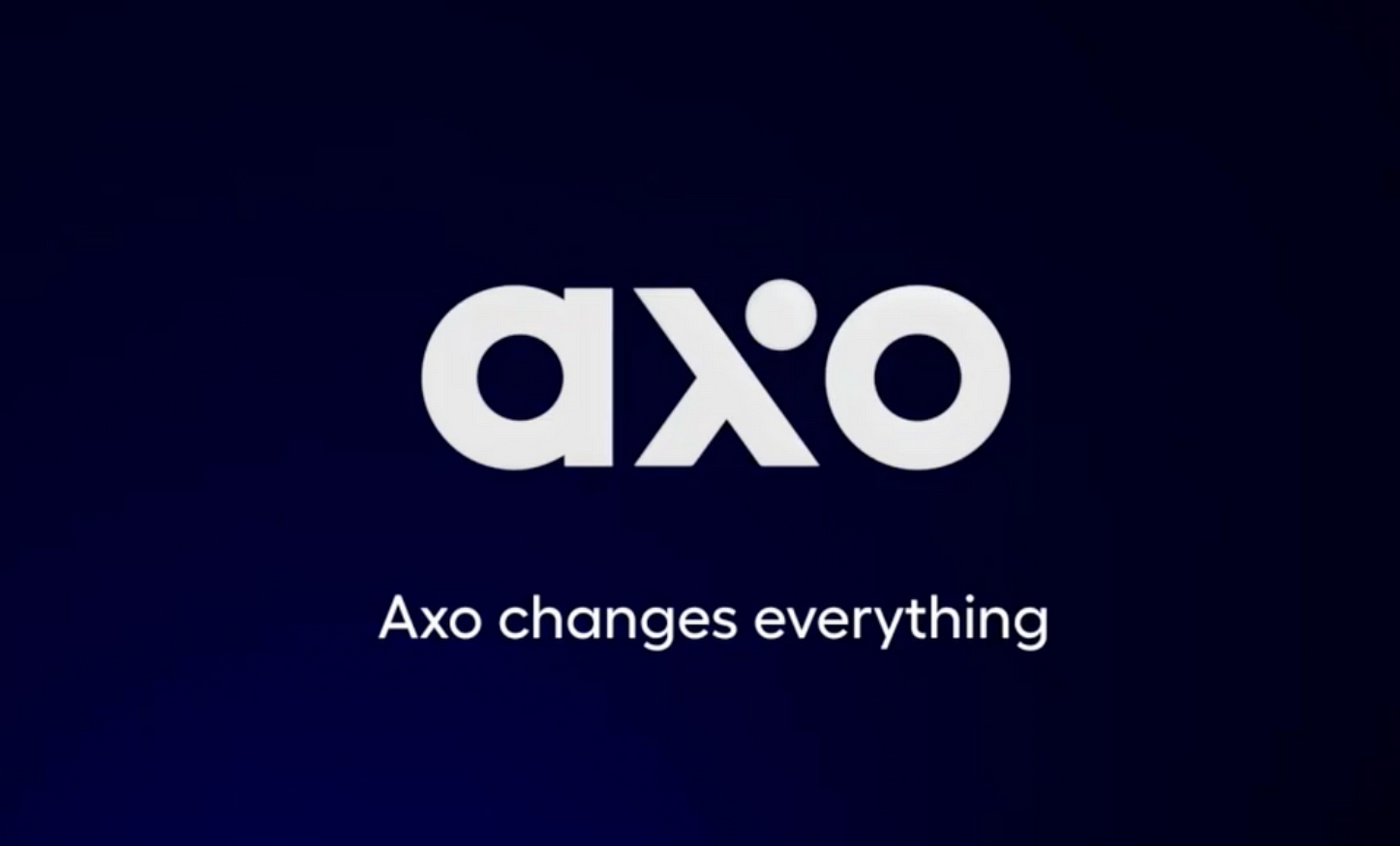The US Senate overturned the SEC’s resolution opposing cryptocurrencies, but will Biden veto it? deciphering the law


On a vote of 60 to 38, U.S. senators passed HJ Res. 109 is a resolution repealing the U.S. Securities and Exchange Commission’s (SEC) Staff Accounting Bulletin No. 121. The commission’s rules require banks to keep customers’ digital assets on their balance sheets and against capital. This is a measure that applies to many lawmakers and industry leaders. It has been criticized for hindering innovation.
“This tally of an astonishing 60 ‘yes’ votes in the Senate sends a strong signal across the political divide that both chambers clearly oppose the rule,” said the Blockchain Association, a cryptocurrency advocacy group. .
But before the resolution passed the U.S. House of Representatives, President Joe Biden said he planned to veto the bill “to protect investors in the crypto asset markets and protect the broader financial system.”
But Perianne Boring, founder and CEO of the Blockchain Trade Association Digital Chamber, said the support of 21 Democratic senators could force the White House to “rethink its strategy and position.” I believe it. In her opinion, “the tide is turning for cryptocurrencies in Washington.”
The Biden administration may feel pressure beyond the political realm, as the cryptocurrency community is not the only sector hoping Biden will sign HJ Res. 109. The American Bankers Association has publicly urged “President Biden to act quickly to enact this resolution into law to help protect American consumers.”
Wisconsin invests $164 million in spot Bitcoin ETFs
The Wisconsin State Board of Investments (SWIB) reported investments in spot Bitcoin (BTC) exchange-traded funds (ETFs) offered by Grayscale and Blackrock.
The government agency responsible for managing Wisconsin’s trust funds said it holds more than 2.4 million shares in the BlackRock iShares Bitcoin Trust and more than 1 million shares in the Grayscale Bitcoin Trust. These are worth approximately $100 million and $64 million respectively.
SWIB reported that it had more than $156 billion in assets under management as of December 2023, with approximately 48% being committed to public equity investments. Other investments included shares of Coinbase, MicroStrategy, and CleanSpark.
Continue reading
Venezuela bans cryptocurrency mining
Venezuela’s Ministry of Electricity has revealed plans to disconnect cryptocurrency mining farms from the national power grid. The measure aims to regulate excessive energy consumption and ensure a stable power supply to the public.
An X post from the National Cryptocurrency Association of Venezuela states that cryptocurrency mining is banned in Venezuela.
The move follows a recent crackdown that saw 2,000 cryptocurrency mining devices seized in the city of Maracay as part of an anti-corruption initiative.
The Ministry of Energy emphasized the need to provide efficient and reliable electricity services throughout Venezuela by eliminating the burden caused by these high energy consumption farms. According to officials, these measures are essential to stabilize the country’s electricity supply, which has been unstable over the past decade.
Continue reading
Microsoft faces billions of dollars in fines in EU
If Microsoft doesn’t respond to the information request by May 27, it could face a fine of up to 1% of its annual revenue in the European Union.
The threat stemmed from requests made under the EU’s Digital Services Act in relation to the company’s Bing search engine and related generative artificial intelligence (AI) services.
The European Commission wants Microsoft to “provide information about Bing’s generative AI risks under the Digital Services Act.”
The executive explained that the initial request was sent on May 14 “regarding specific risks arising from Bing’s generative AI capabilities, specifically “Copilot in Bing” and “Image Generator in Designer.”
Continue reading



